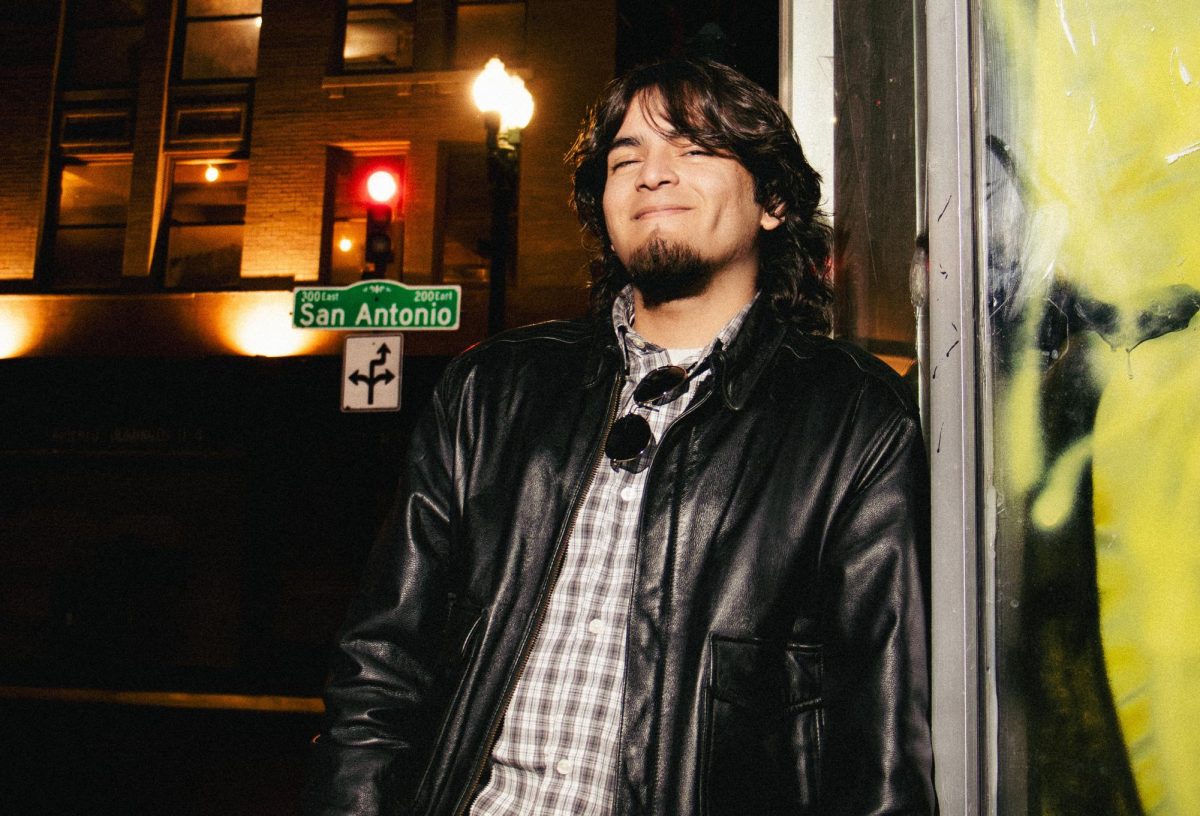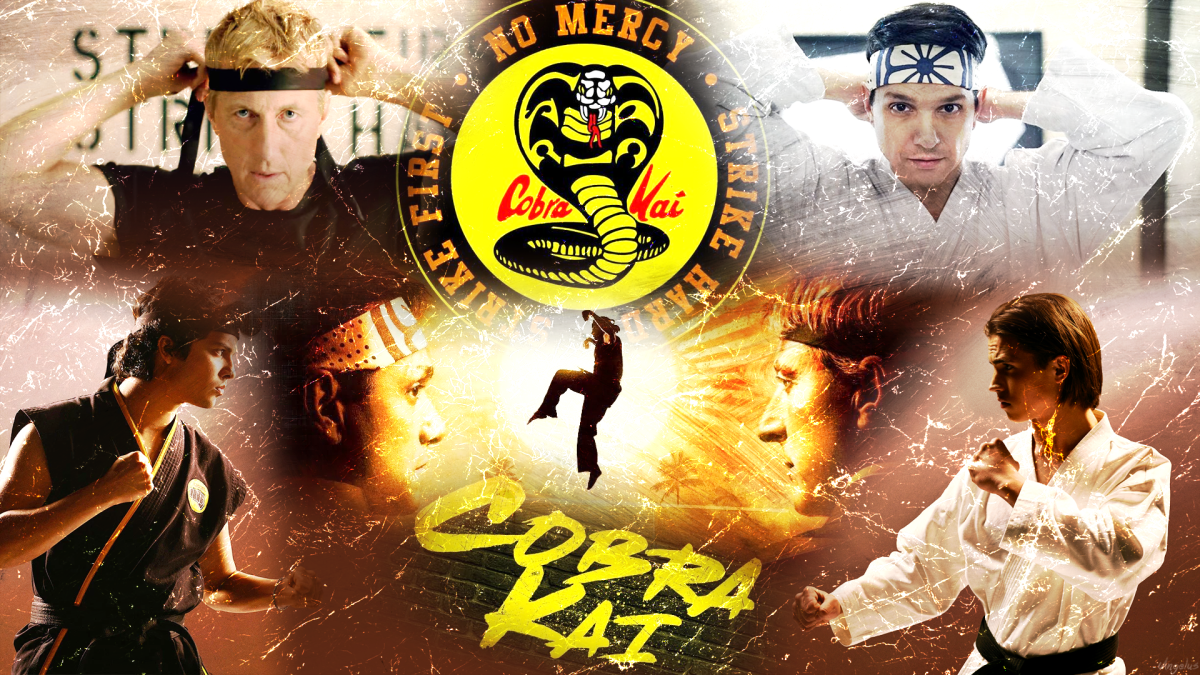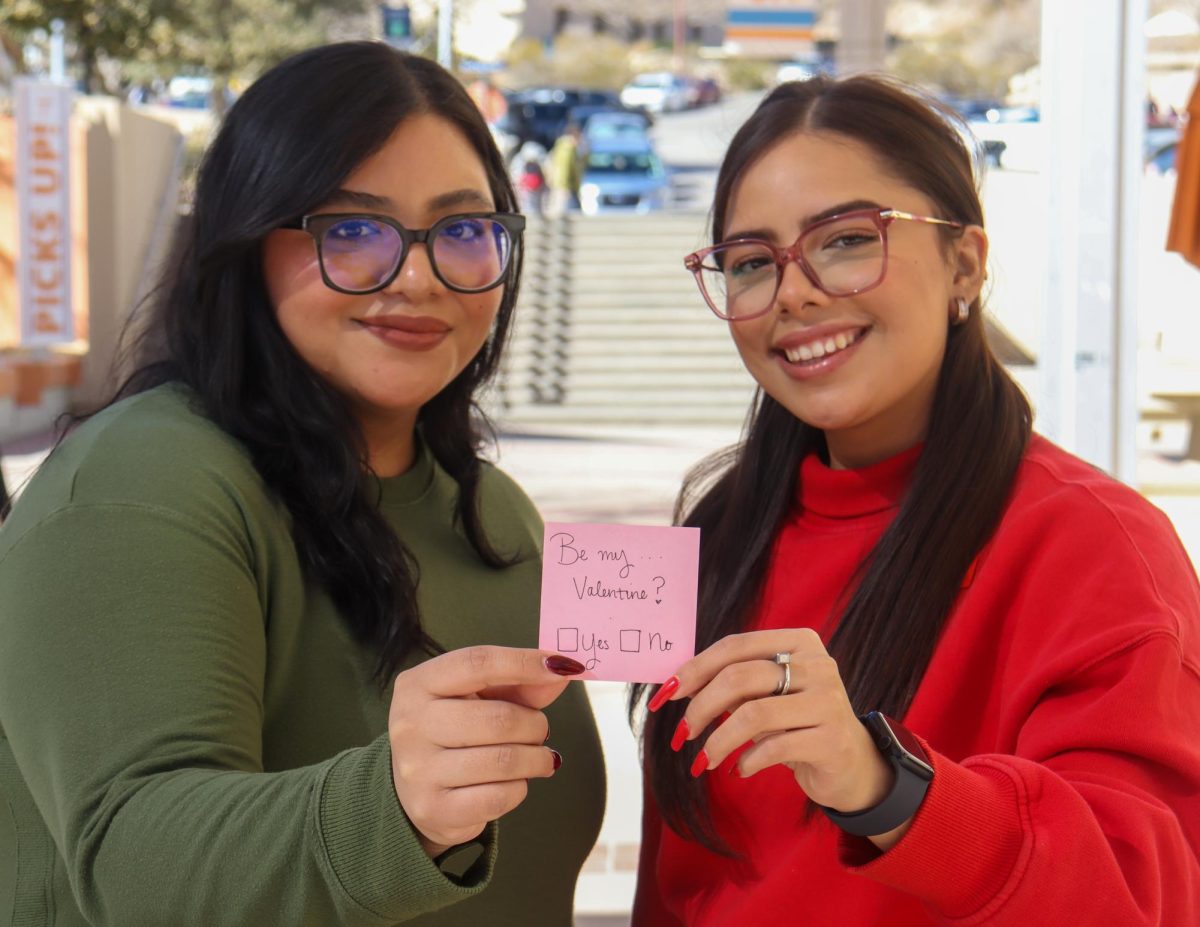Two weeks ago, the offices of the magazine, Charlie Hebdo, were attacked by radical Islamists, which left 12 people dead.
The magazine was notorious for publishing what many called Islamophobic depictions of the prophet Muhammed on their covers.
The attack started a worldwide debate about freedom of expression.
In France and around the world, millions gathered in solidarity with the magazine behind posters that read, “Je Suis Charlie” (We are Charlie.)
At the Golden Globes, actors also showed their support for the magazine. During his acceptance speech of the Lifetime Award, George Clooney paid his respects.
Last week, President Obama said the U.S. will help France seek justice and called the attacks “vicious.”
Some criticized the magazine, while others wanted to protect free speech at all expenses.
As people began to draw clear lines about where they stood on the issue, I found myself unsure of where to stand.
As a journalist, the protection of freedom of expression is essential. Without freedom of expression, journalists wouldn’t be able to do good work. The Glenn Greenwald’s and Jeremy Scahill’s of the world would be in prison right now, or dead.
But for cartoonists, the ability to use their freedom of expression is even more precious because they’re not guided by objectivism.
In an interview with Democracy Now!, renowned political cartoonist Art Spiegelman said that it’s a cartoonist’s job to, “make a mess, by God. The cartoonist’s job is that.”
Which is what Charlie Hebdo has been doing.
Stéphane Charbonnier, the editor of Charlie Hebdo, said that in her 20 years at the magazine, it has been controversial on a range of subjects.
“It just so happens that every time we deal with radical Islam, we have a problem, and we get indignant or violent reactions. We are in a country of the rule of law. We respect French law… ,” Charbonnier said. “We haven’t infringed French law. We have the right to use our freedom as we understand it.”
The fact that the magazine has published defamatory pictures of other religious leaders, such as the pope, is the basis of defense for Charlie Hebdo.
But, in the same interview with Art Spiegelman, Tariq Ramadan, a professor of Islamic studies at Oxford University, said that the magazine has been targeting the Muslim population in greater proportion than other religions for the past six years.
He also spoke about the normalization of Islamophobic comments in the West.
“But the reaction, the emotional reaction, is a selective reaction. And it’s not the same depending on what you are talking about…,” Ramadan said. “If you are targeted as anti-Semitic, it’s over for you, but when you are having Islamophobic statements, that’s fine. That’s the normalization of this discourse.”
Satirical magazines such as Charlie Hebdo have the right to exercise their freedom of expression and publish whatever they want.
But just because something is lawful does not mean it’s correct.
As Spiegelman elaborates, “the mission of Charlie was not even necessarily to be left-wing. You know, it was—their mission is to rant against all authority… This is like the great adolescent impulse. It’s not a sophisticated dialectic about freedom of speech. It’s just taking it for granted that we must have freedom of speech to be able to do what we do.”
My problem then is if Charlie Hebdo is publishing defamatory illustrations of Muhammed, without a purpose other than the fact that they can, I don’t see their actions as being justifiably correct.
Where is the line drawn between the blatant exercise of rights and the offenses it causes to a vulnerable population that is already heavily targeted by racism and bigotry?
I believe what happened to the cartoonists at Charlie Hebdo is a tragedy, but I also believe that satire has a purpose, and freedom of expression is a way to reach that purpose.
If there is no higher purpose, then it is an abuse of that right. It is the great “adolescent impulse,” that leads to tragedy.
But when writing this, I’m limited to a broader discussion of the events because my colleagues told me that a lot of college students might not have a clue about Charlie Hebdo.
Charlie Hebdo, who’s that?
I’ve heard it in the newsroom a hundred times before, and in a defeated sigh, somebody mumbled to me, “nobody reads the news.”
I’d imagine that the same people who don’t know about Charlie Hebdo are probably not reading this.
The common consensus seems to be that we — a generation of young, ignorant, distracted, social-media addicted, coffee fanatic, alcohol bingers, money-starving kids—do not read the news.
I’ve always had trouble with that sentiment, with the way it’s accepted as a universal truth alongside the likes of gravity and eating menudo to cure a hangover.
Are we selling ourselves short? Could it be that our assumptions about ourselves, our friends, our classmates, are all wrong?
A quick Google search tells me we might be.
A study by Alloy Media, a media and entertainment company that markets to millennials, found that 76 percent of college students read their newspaper.
Another study from the International Center for Media and the Public Agenda said that students care deeply about what is going on in the world, and the form in which they obtain news is what is different. Often, it is not on a regular basis or from one steady news source, but from various social media platforms.
So, my conclusion is this:
If you read the news, you’re awesome and keep doing what you’re doing.
If you don’t read the news, you should, because there’s a whole world out there, and a whole set of issues that you should know about.
There are people dying for causes, dying unjustly, people looking for solutions and just trying to be people. Corruption, justice, liberty, freedom and racism all collide and overlap as they clash and intertwine.
And then there’s us — the people who report it to you, hoping it’ll make a small speck of a difference.
Hoping you’ll read an article, a sentence or even a word, you will know what lies beyond your own bubble. And maybe, just maybe, by reading the news, it’ll make a small speck of a difference in somebody’s world.
Maria Esquinca may be reached at [email protected].





